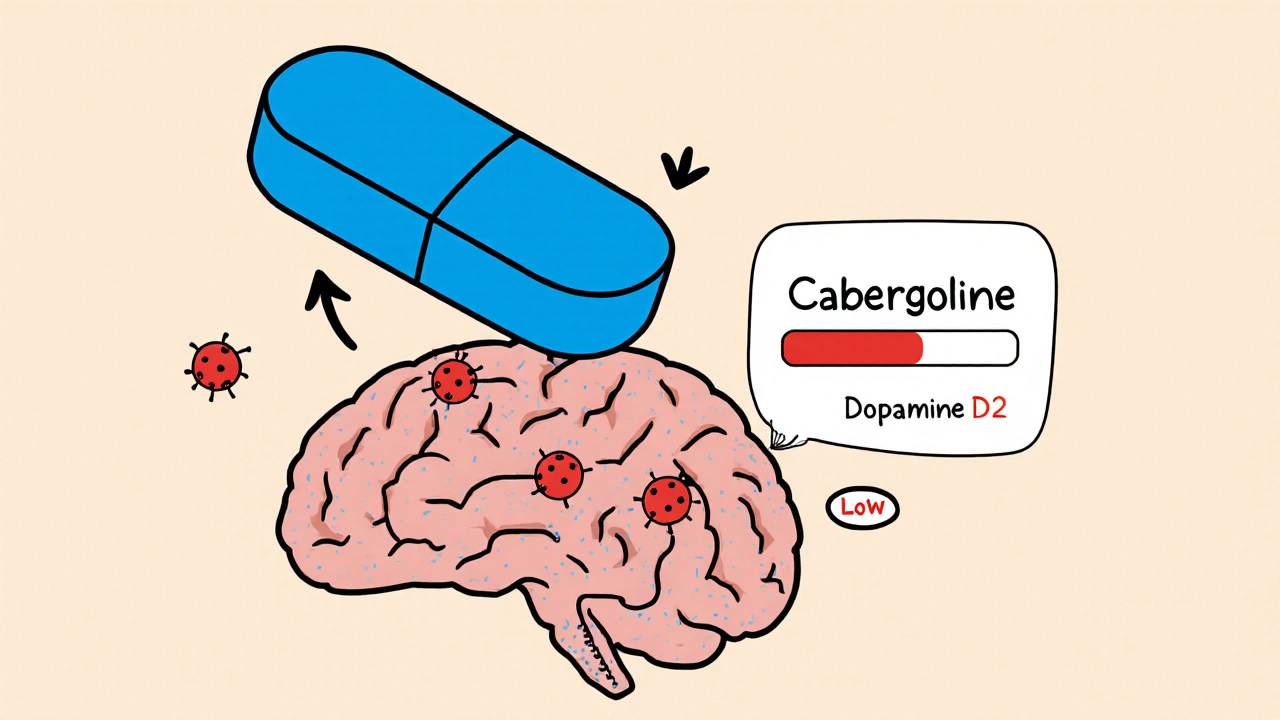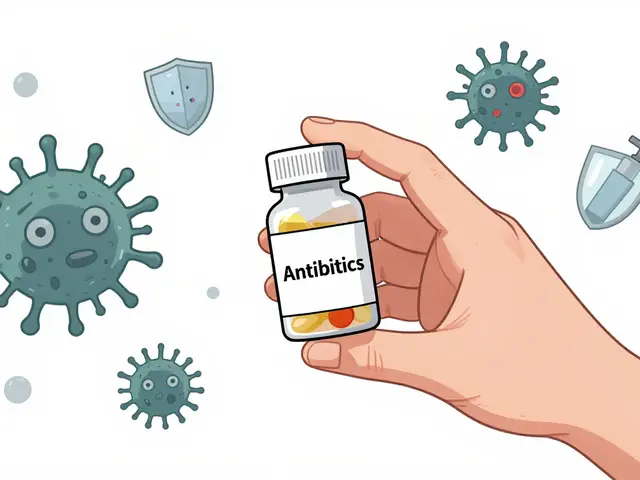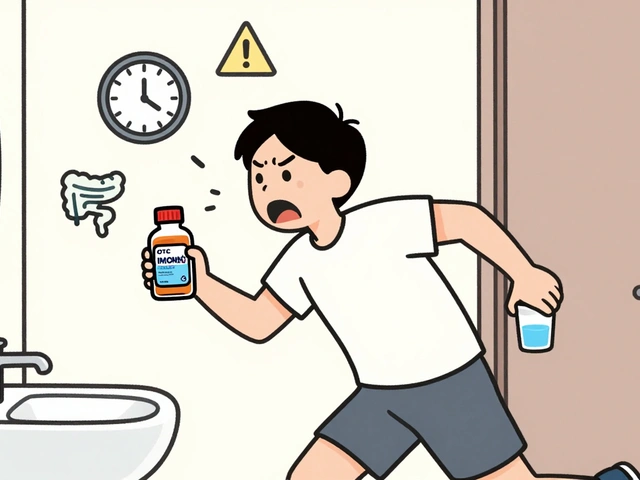Hyperprolactinemia Treatment: Medications, Alternatives, and What Works Best
When your body makes too much prolactin — a hormone that controls milk production and can mess with your sex drive, periods, or fertility — you might have hyperprolactinemia, a condition where elevated prolactin levels cause symptoms like irregular periods, low libido, or breast milk production outside of pregnancy. Also known as high prolactin, it’s often caused by a small benign tumor called a prolactinoma, but stress, certain meds, or thyroid issues can trigger it too. The good news? Most cases respond well to simple, well-studied drugs that target the root cause.
The go-to treatment for hyperprolactinemia is usually a dopamine agonist, a type of drug that mimics dopamine, the brain chemical that naturally keeps prolactin in check. Two names come up again and again: Cabergoline and bromocriptine. Dostinex, the brand name for Cabergoline, is often preferred because it works longer, needs fewer doses, and causes fewer side effects like nausea or dizziness than older options. Many patients see prolactin levels drop within weeks, and tumors shrink noticeably in months. If Dostinex doesn’t work or causes trouble, switching to bromocriptine or quinagolide is common — and effective.
It’s not just about popping a pill. Treatment also means tracking symptoms: Are your periods returning? Is your sex drive coming back? Are headaches or vision changes improving? Doctors often check prolactin levels every few months and may order an MRI if the tumor is large or not shrinking. Some people need to stay on medication long-term; others can stop after a year or two if the tumor disappears and prolactin stays normal. Surgery or radiation is rare — only for cases where drugs fail or the tumor presses on critical brain structures.
What you won’t find in most guides is how real people manage this. Some notice mood swings or fatigue when starting Cabergoline. Others worry about the cost — but generic versions exist. A few find that combining treatment with stress reduction or thyroid testing helps more than meds alone. The posts below cover exactly this: real comparisons between Dostinex and its alternatives, how to monitor progress, what side effects to watch for, and how patients actually live with this condition long-term. You’ll see what works, what doesn’t, and what your doctor might not tell you unless you ask.

Compare Cabergoline with its main alternatives, see how they work, weigh benefits and risks, and learn how to pick the right dopamine agonist for hyperprolactinemia.





